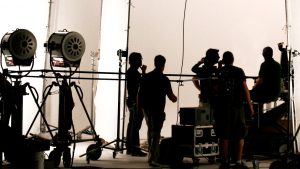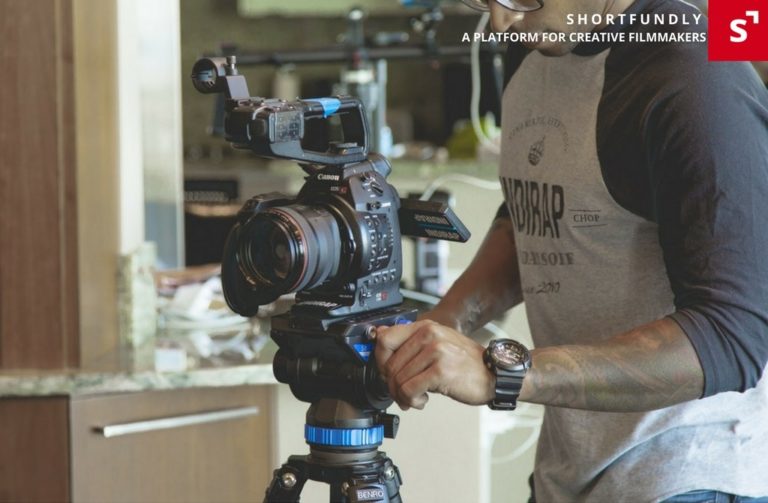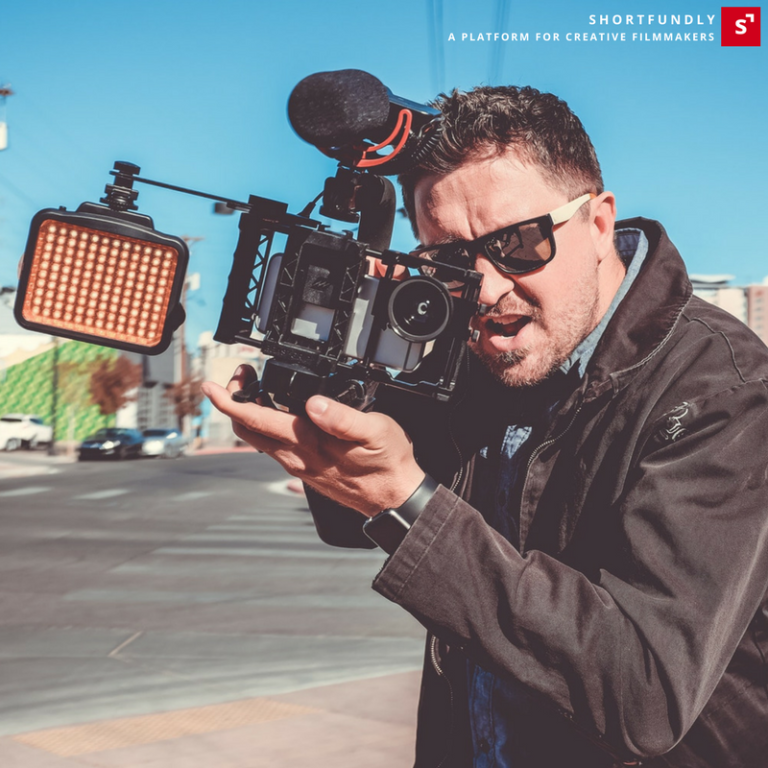As said by a famous Director of his times-
“Movies are like an expensive form of therapy for me.”
“There is a hidden camera and a director who you can ask for help anytime up above.”


Instinctive souls turn out to be directors:
One of the great things about their lifestyle is that there is not really a typical work day. During a day director follows a different life schedule every day as every film requires a different skill set but few things remain on the common side. Every film has its own unique set of challenges and goals, from both the creative and logistical stands. A development phase is the one where you hash out the concept or script. This can last anywhere from a few days to a few years (better have some other projects in production). Then there is the production phase where the bulk of the budget is spent, often pretty quickly, so this is often intense and pressured, and then there is post-production, which primarily consists of sitting in a dark room with an editor, trying to make sense of the mess you created in production. And then there is the whole marketing process – attending screenings and film festivals and premieres to help promote the film
“Their life is a movie. They create main characters. They say the scripts and act to the lines in each scene.”
Here we will unveil the lifestyle of a Film director. They perfectly believe in the saying….. “I do not always know what I want, but I do know what I don’t want.”
The major involvement is required during production phases both pre and post. A director has to divide his time for all the departments. They speak frequently with crew (especially the cinematographer), as they have a pretty clear vision of what director’s going to try to accomplish. The major wildcard is the actors. Directors try to be on the same page with everyone who is a part of the eventual film.
So their work enforce to spend as much time as possible with them, make them feel comfortable, discuss what you’ve already done and what you’re planning on doing. A director’s main job during production is to support, embolden, and protect his or her actors.


They meet with the important pre-production “keys” such as the location manager, the unit production manager, producer, director of photography, production designer / art director, casting director, screenwriter, and storyboard artists if the film requires extensive story boarding, etc. Most of the creative decisions are made during pre-production, so the director is constantly thinking about how to best convert his mental version of the movie to a finished product. Depending on the type of production, this can be a very busy, structured time, or a very casual, loosely organized time. Most of the independent projects that I’ve worked on have slow moving pre-production schedules, mostly due to the fact that smaller budgets mean you end up waiting for resources to become available.
In theory, by the end of pre-production, every minute of every day is planned out and scheduled. An organized production will have schedules for everything, so that during production everyone knows exactly what they should be doing.
Movies are filmed at night as per the demand, in ridiculous location during crazy weather near noisy neighbors, with faulty equipment, and occasionally inexperienced cast or crew. All of these factors, plus a zillion others, will cause irregularities in the schedule spelled out above. Majorly the case and ideally none.
Depending on the type of film, and the style of the director, post production can be just as crazy, if not more, or completely laid back. There are some directors that try to be as uninvolved during post production as possible, while some other directors insist on editing the film themselves. If it is a bigger production, there is usually more time allotted for post-production, allowing a more reasonable schedule. On small, independent films there is usually very little time allotted for post-production, either because of submission deadlines for festivals, or because post production equipment and crew members are generally expensive.
After the film premieres, the director gets into bed and hibernates for a few days. This begins the fourth and most agonizing part of film making: waiting / looking for work.
Then again, there are some directors who almost never talk to their actors remain engrossed, so take my experience with a grain of soul.
Join creative filmmakers platform – shortfundly now.









